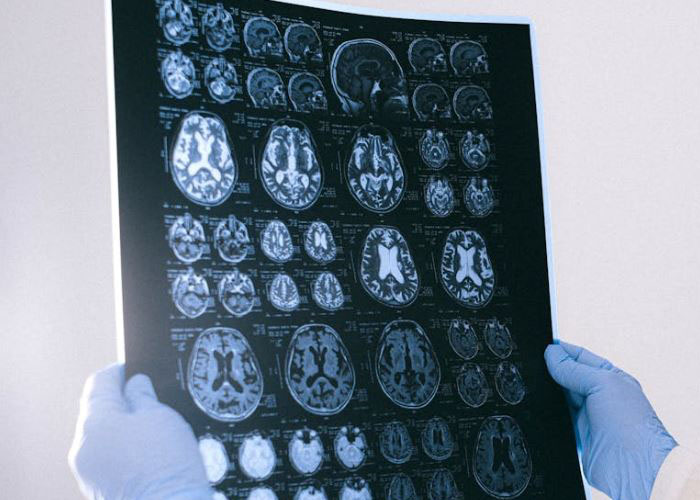How Internet Addiction May Affect Your Teen’s Brain: Insights from a New Study
The internet has become an integral part of daily life, especially for teenagers who have grown up in a digital age. While the internet offers numerous benefits, including educational resources, social connectivity, and entertainment, it also poses significant risks. A new study highlights the alarming impact of internet addiction on the adolescent brain, shedding light on the potential long-term consequences.
The Scope of Internet Addiction
Internet addiction, characterized by excessive and compulsive use of the internet that interferes with daily life, has been increasingly recognized as a growing concern among teens. Symptoms include preoccupation with online activities, withdrawal symptoms when not online, an inability to reduce internet usage, and continued use despite negative consequences.
Key Findings of the Study
Researchers from a renowned university conducted a comprehensive study involving neuroimaging techniques to examine the brains of teenagers diagnosed with internet addiction disorder (IAD). The study’s key findings reveal significant alterations in brain structure and function associated with excessive internet use.
- Changes in Brain Structure
One of the most striking findings is the reduction in gray matter volume in specific areas of the brain, notably the prefrontal cortex. This region is crucial for executive functions such as decision-making, impulse control, and planning. Reduced gray matter in the prefrontal cortex can impair a teen’s ability to control impulses and make sound decisions, potentially leading to riskier behaviors. - Impaired Connectivity
The study also found disruptions in white matter integrity. White matter is responsible for communication between different brain regions. Teens with IAD showed impaired connectivity between the prefrontal cortex and other parts of the brain, which can affect their emotional regulation and cognitive processes. This impaired connectivity can lead to difficulties in managing emotions, increased anxiety, and a higher susceptibility to stress. - Altered Reward System
The brain’s reward system, which is heavily influenced by dopamine, also shows significant changes. Teens addicted to the internet exhibited heightened sensitivity to online rewards, such as social media notifications and gaming achievements, while showing diminished response to natural rewards like social interactions and academic achievements. This alteration can create a cycle where teens increasingly seek online activities to achieve satisfaction, further entrenching their addiction.
Long-Term Implications
The alterations in brain structure and function observed in teens with internet addiction are concerning due to their potential long-term effects. Chronic changes in the prefrontal cortex and reward system may affect cognitive development, emotional health, and overall well-being. These brain changes could lead to persistent issues with impulse control, attention, and emotional stability, extending into adulthood.
Mitigating the Impact
Parents, educators, and healthcare providers play a crucial role in mitigating the impact of internet addiction on teens. Here are some strategies that can help:
Setting Boundaries: Establish clear guidelines for internet use, including time limits and restrictions on certain activities.
Encouraging Offline Activities: Promote engagement in physical activities, hobbies, and face-to-face social interactions to provide a balanced lifestyle.
Monitoring and Support: Keep an eye on teens’ internet usage and provide support if signs of addiction appear. Professional help, such as counseling or therapy, may be necessary for severe cases.
Educational Programs: Implement educational programs in schools to raise awareness about the risks of internet addiction and teach coping strategies.
Conclusion
The new study underscores the critical need to address internet addiction among teenagers. The observed changes in brain structure and function highlight the profound impact excessive internet use can have on adolescent development. By understanding these effects and taking proactive measures, we can help safeguard the mental and emotional health of the next generation in an increasingly digital world.

